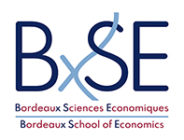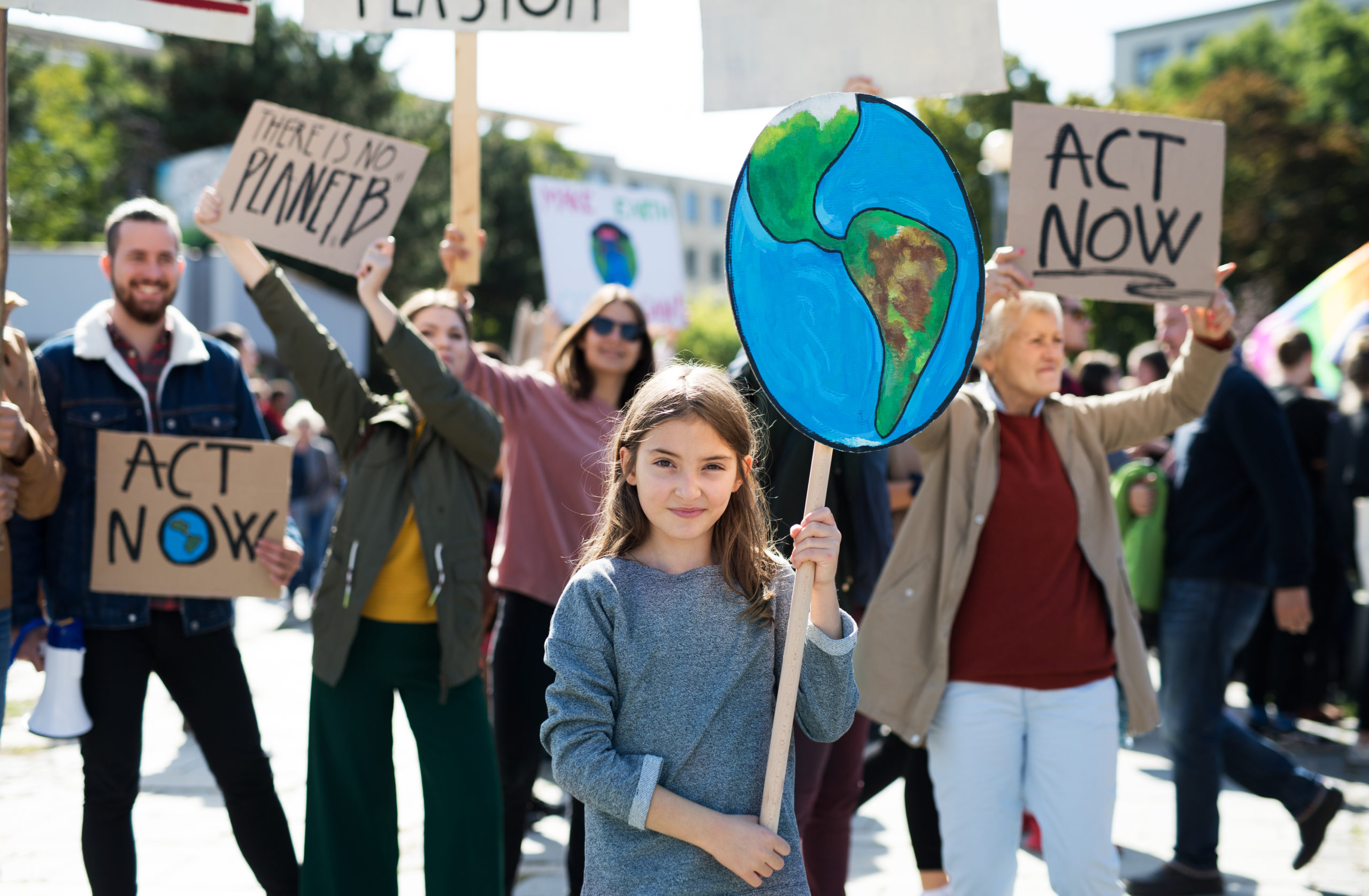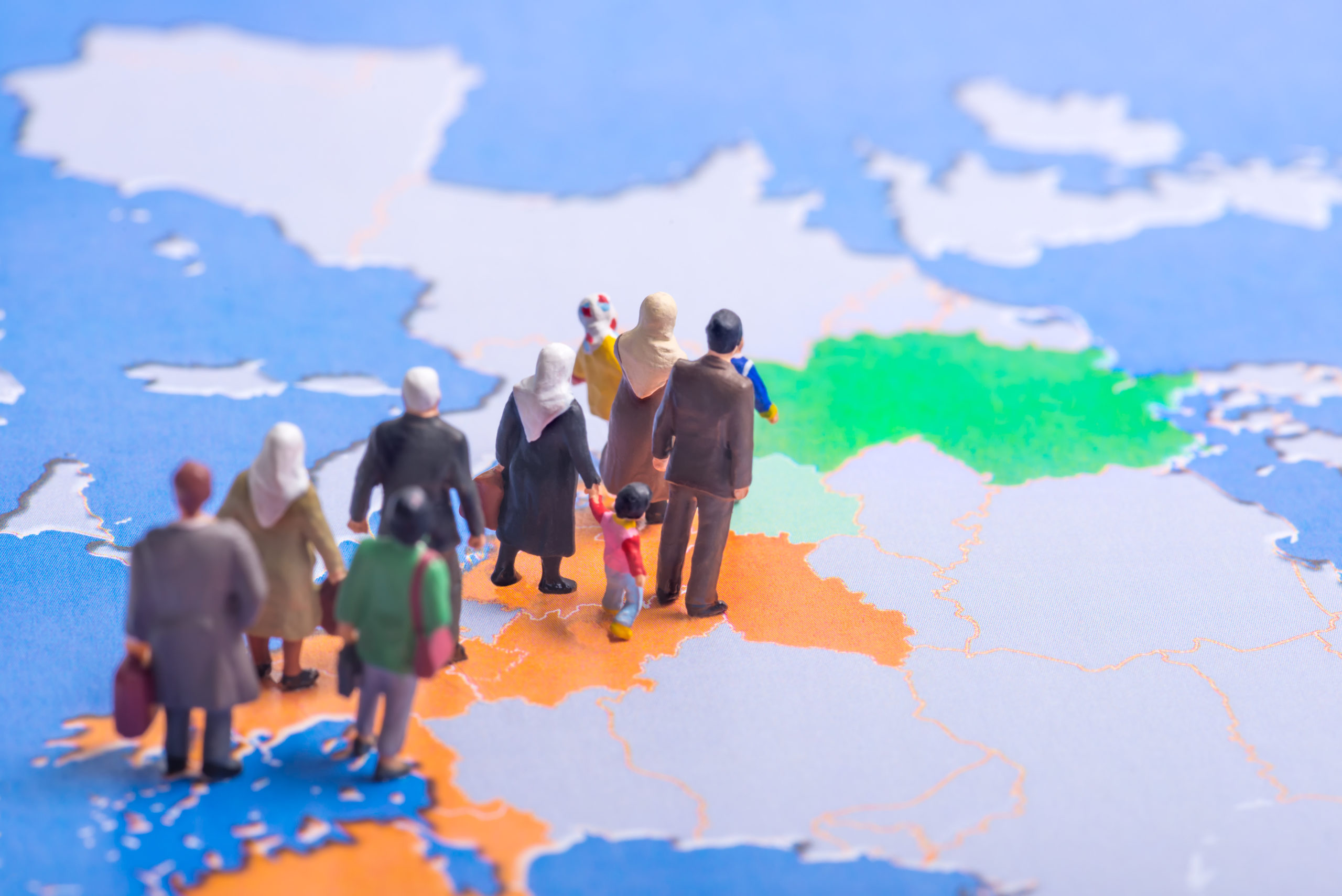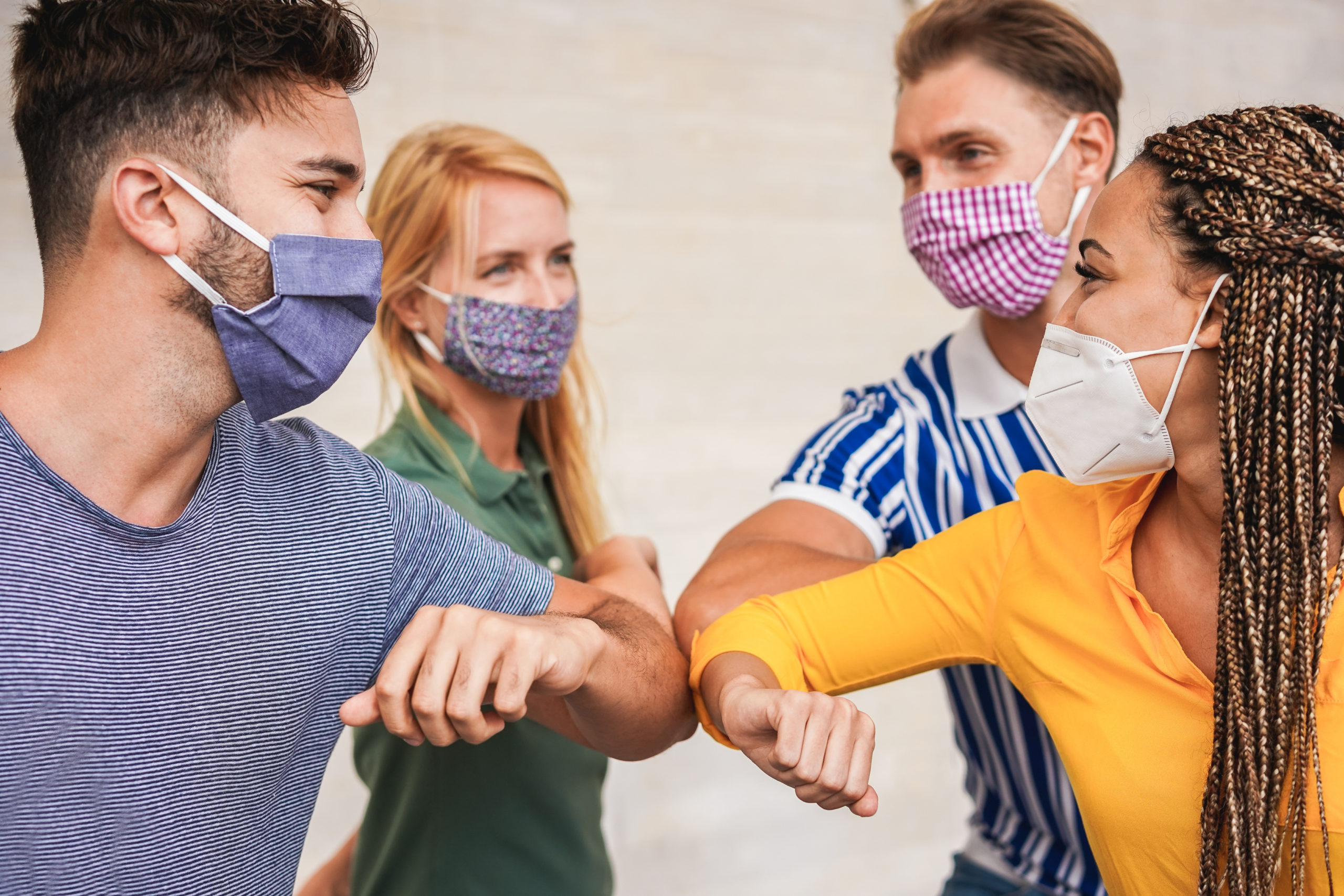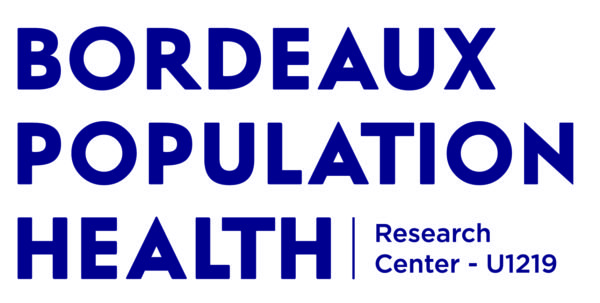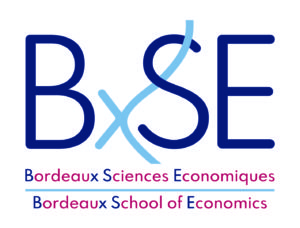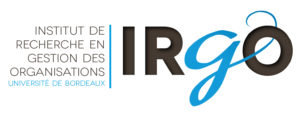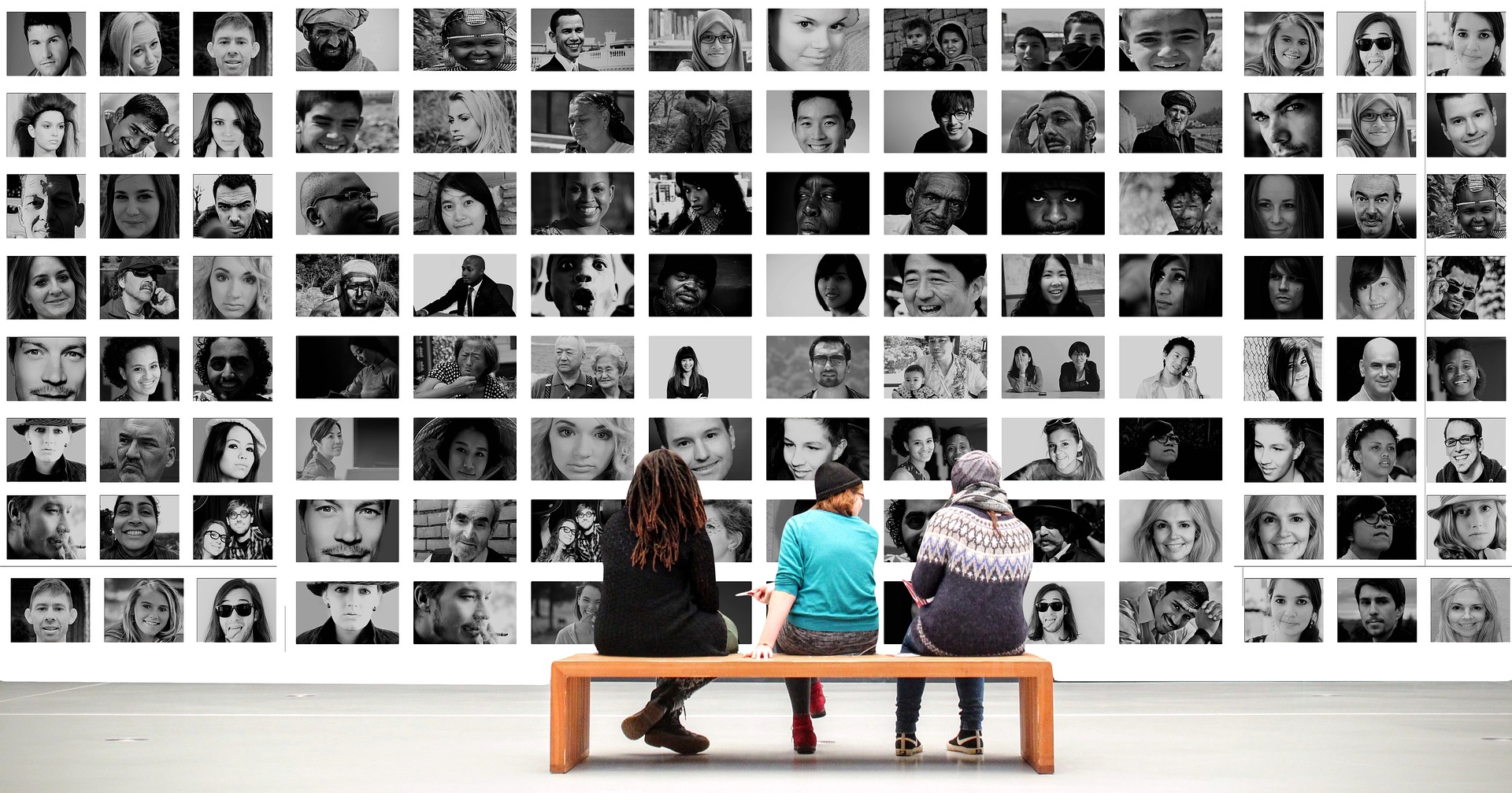
Large Resarch Programs
HOPE is one of the ‘Large research programs’ selected by Bordeaux University following a two-step international evaluation. The program has been allocated 4 million euros of funding over an 8-year period.
HOPE: Understanding Human Well-being and BehaviOr for better Policies & SociEties
HOPE is an interdisciplinary program whose objective is to study the determinants of human behaviors and well- being in the context of major contemporary phenomena (terrorism, pandemics, global warming, migration crisis, inequalities,…). HOPE also aims at evidence-based research reflecting on the role of public policies in changing behavior and well-being, as well as on the optimal design of such policies when behavioral responses to public interventions are taken into account.
Societal Impact
Given the nature of its research and the relevance of its empirical tools, the research program HOPE aims to contribute to societal debates and provide fruitful interaction with policy makers, the medias and the civil society at large. The ambition is to bring social and human sciences (SHS) back at the center of the public debate while increasing the influence of Bordeaux’s research in SHS through an original interdisciplinary articulation.
